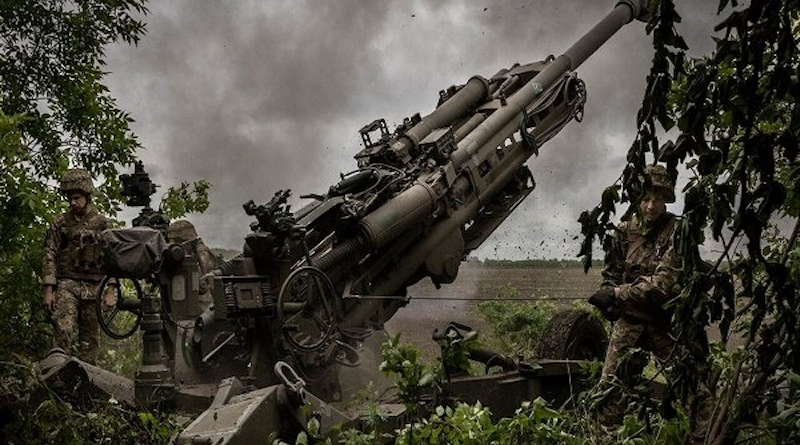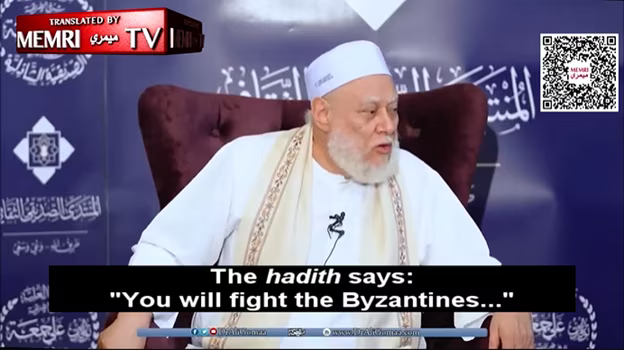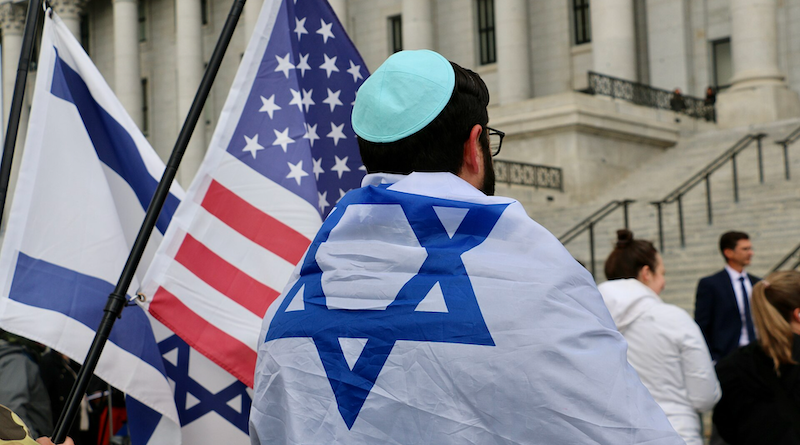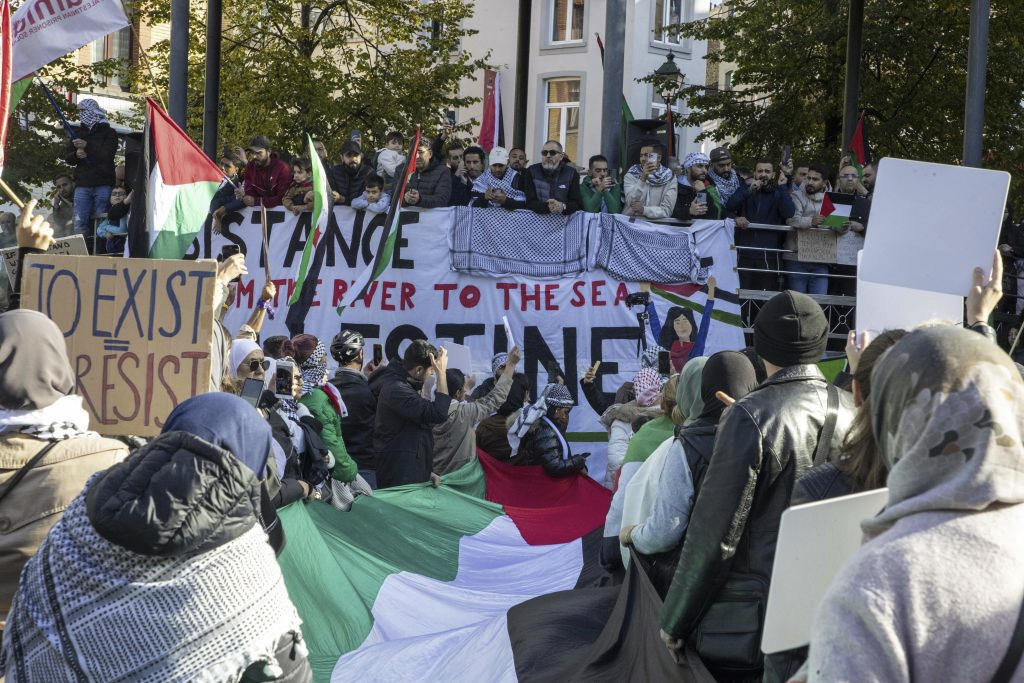Self-Determination Is A Powerful Force: Just Ask Ukraine And Georgia – Analysis

The 10th anniversary of the start of Ukraine’s Euromaidan, when thousands of demonstrators set up a protest camp in Kyiv’s central square, was last week.
Ukraine’s economy had been struggling and the Kremlin-backed President Viktor Yanukovych knew something had to be done to create new opportunities. Meanwhile the EU’s Eastern Partnership, the platform used by Brussels to engage with Eastern Europe, was keen to deepen relations with the countries of east, especially Ukraine. This led to a proposed political association and free trade agreement between the EU and Kyiv.









